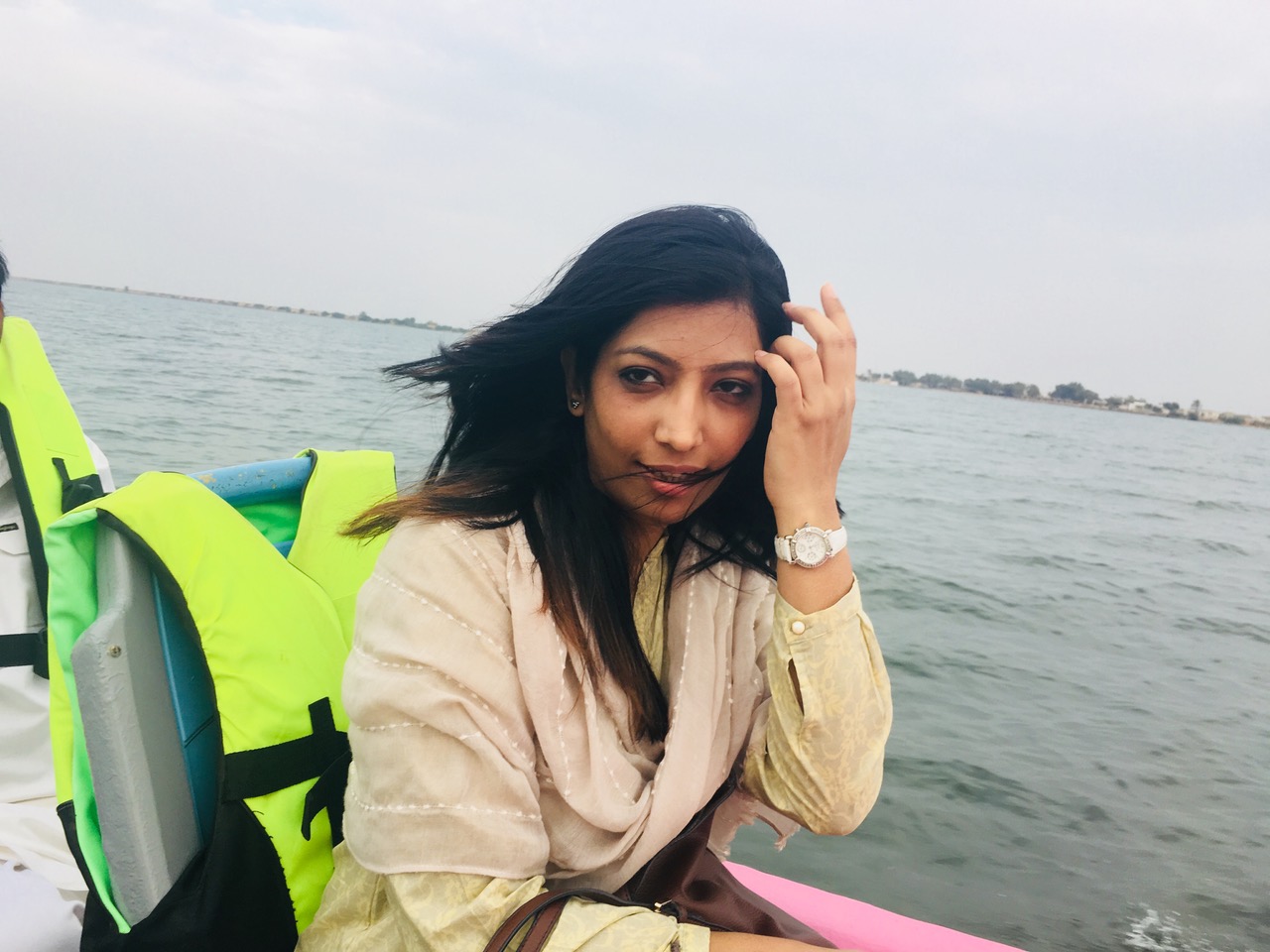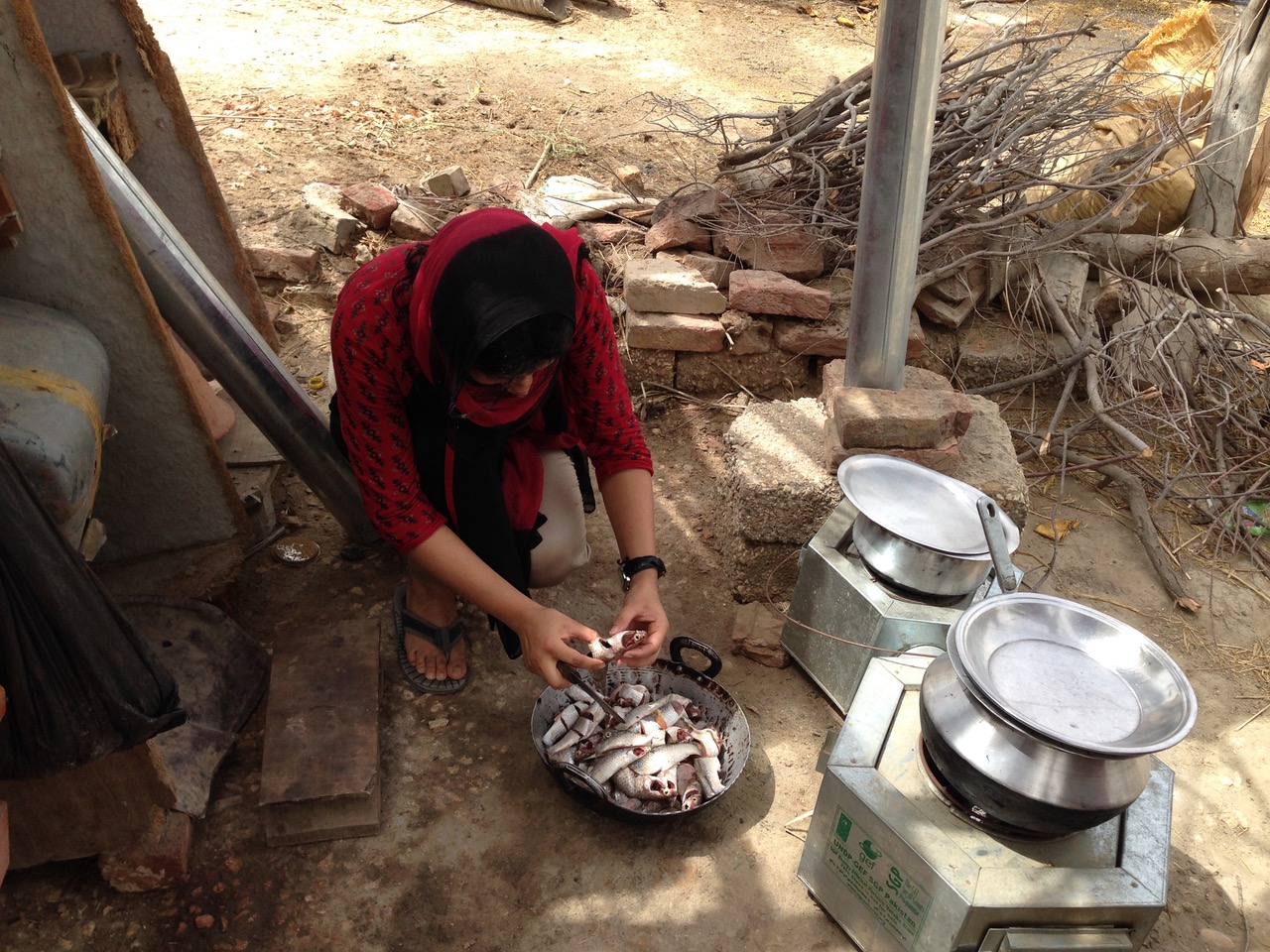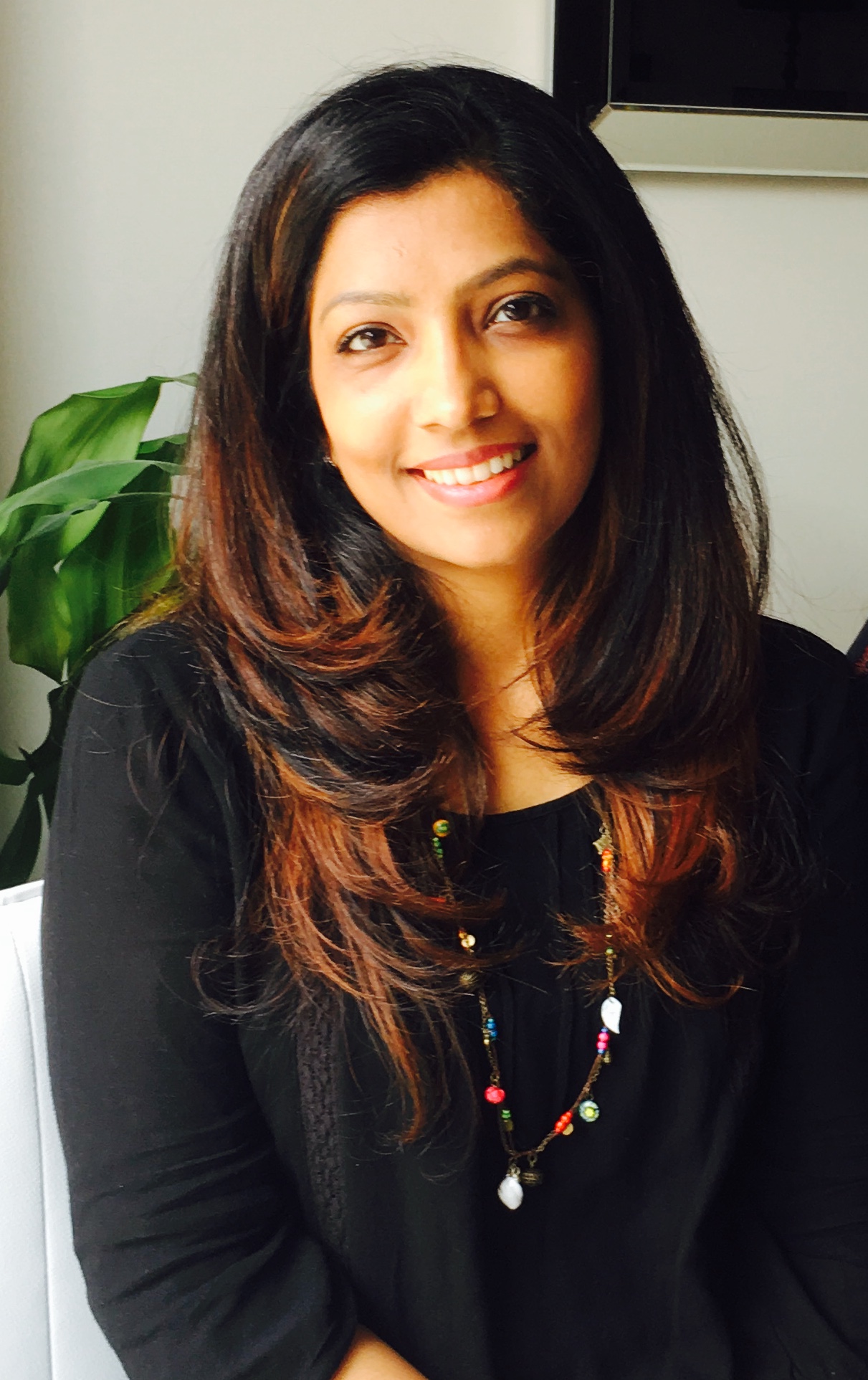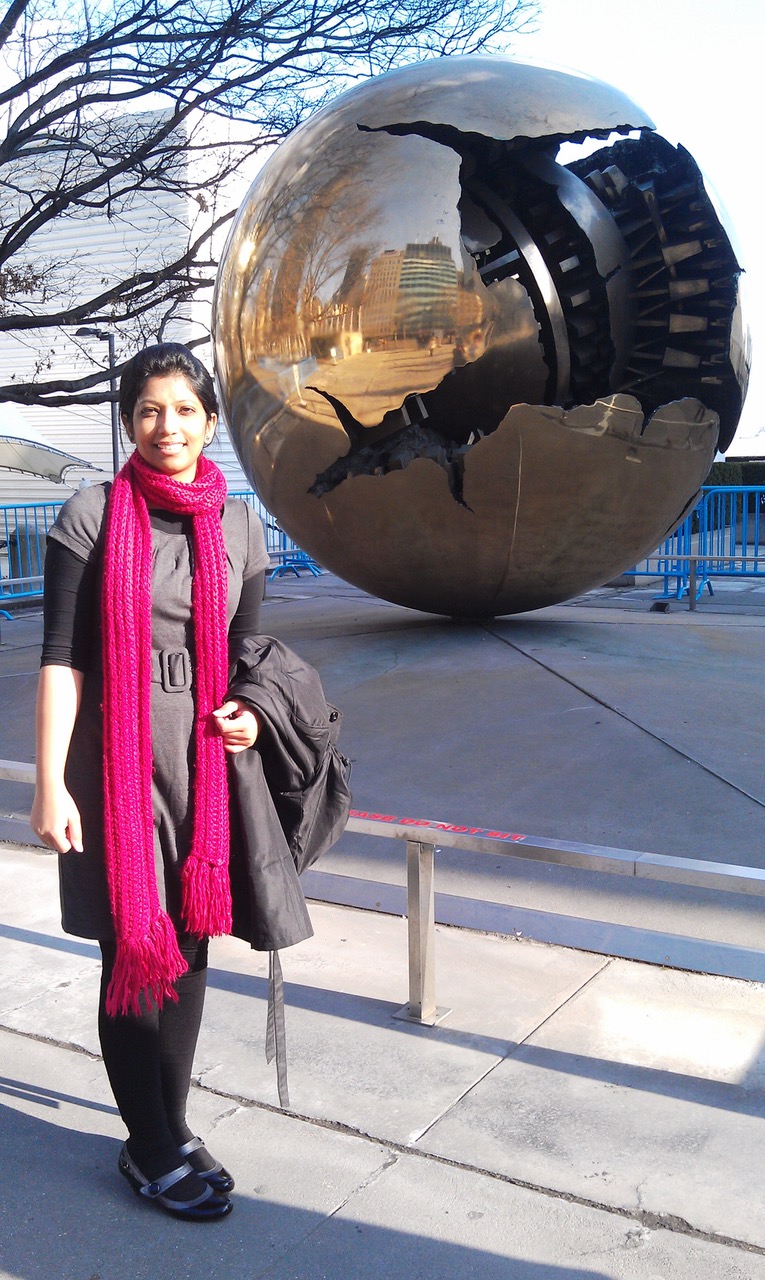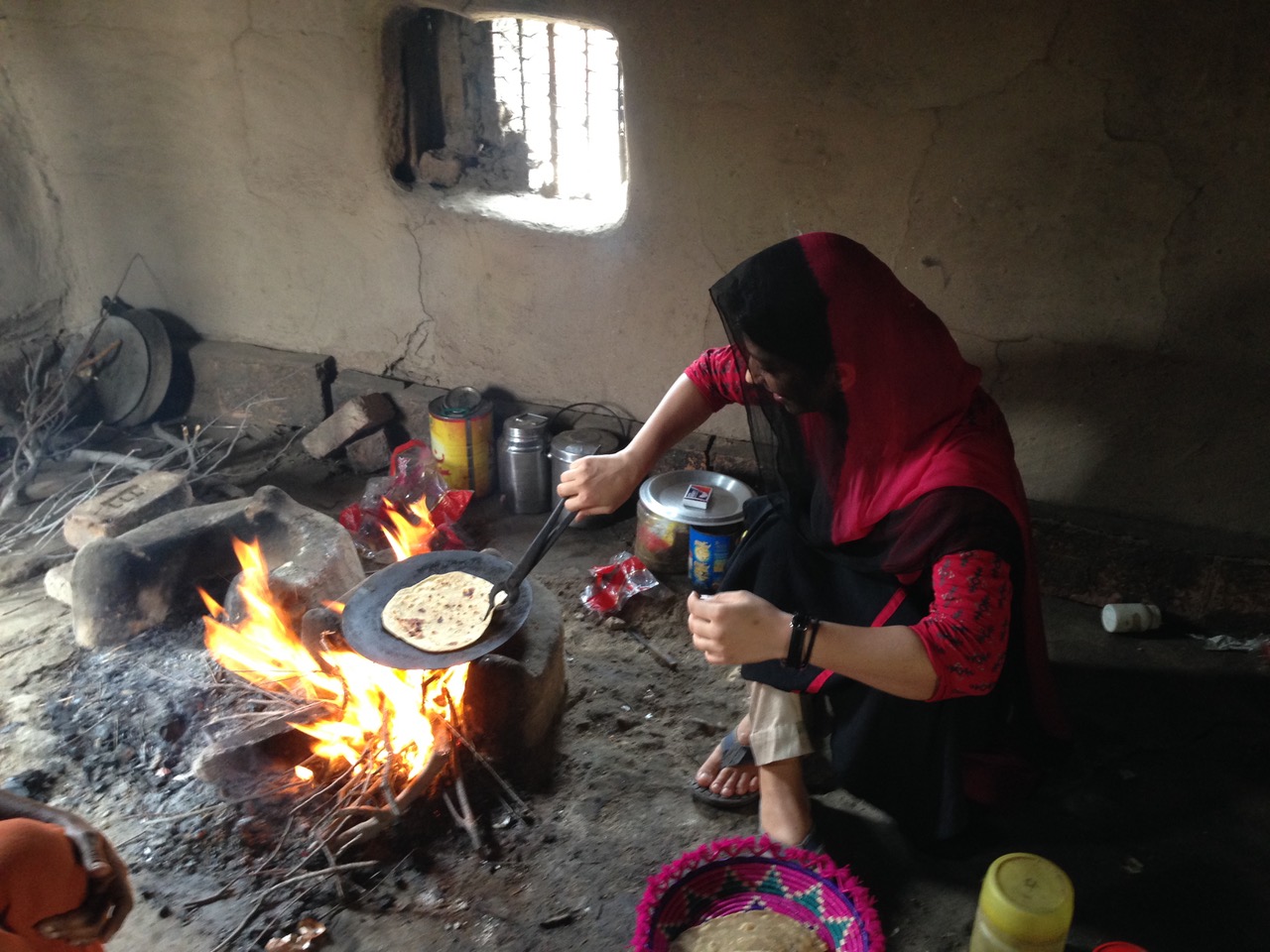Sajida Sultana
researcher & Phd candidate, university of waterloo
Sajida Sultana’s path has been strongly affected by real and urgent humanitarian situations that she has experienced in her past. In October 2005, she was working as a Finance Officer in Pakistan when the worst earthquake in Pakistan’s history struck the northern part of the country. She decided to provide emergency response by serving as a finance focal person for an earthquake program volunteer team, and ultimately joined UNICEF’s Water, Environment and Sanitation program, where she served on the emergency team for two years. After, Sajida joined UNDP Pakistan and served in flood-affected areas in the southern Sindh province. Being exposed to the challenges faced by poor communities in this province, Sajida was inspired to return to graduate school.
During her Master’s degree, she conducted research with fisher communities in the Indus Delta to understand the social and ecological characteristics of two lagoons, as well as the environmental issues that were facing them. Sajida’s PhD research is now focused on issues of food security, water scarcity in the agricultural sector, and Climate Smart Agriculture; she is researching water scarcity issues faced by agricultural coastal communities in Sindh. Sajida hopes to contribute to new technologies of Climate Smart Agriculture with less use of water and insights about how to protect poor communities from the impacts of climate change, especially since freshwater scarcity is such an acute threat in Pakistan. She says, “I am really excited to learn how to be more knowledge-smart and action-smart in Climate Smart Agriculture practices and share my outcomes of the research to contribute at the policy level.”
“In my opinion women are the most affected by climate change. At the same time, they can be a powerful force to mitigate the impact of climate change through innovation and unique adaptive knowledge and capabilities.”
These diverse experiences have taught Sajida a lot about the resilience of communities that are vulnerable to environmental change and climate threats. For example, Sajida noticed that women and children were especially affected by the earthquake of 2005, and that the biggest related issues were safety, hygiene, and drinking water. More recently, she has witnessed a gender gap in the agricultural sector in Sindh, where agricultural resources, expenses, and responsibilities are shared differently between men and women. She reflects: “In my opinion women are the most affected by climate change. At the same time, they can be a powerful force to mitigate the impact of climate change through innovation and unique adaptive knowledge and capabilities.” Sajida knows that engaging women will strengthen community resilience to climate change, and contributing to these efforts is something that excites her.


